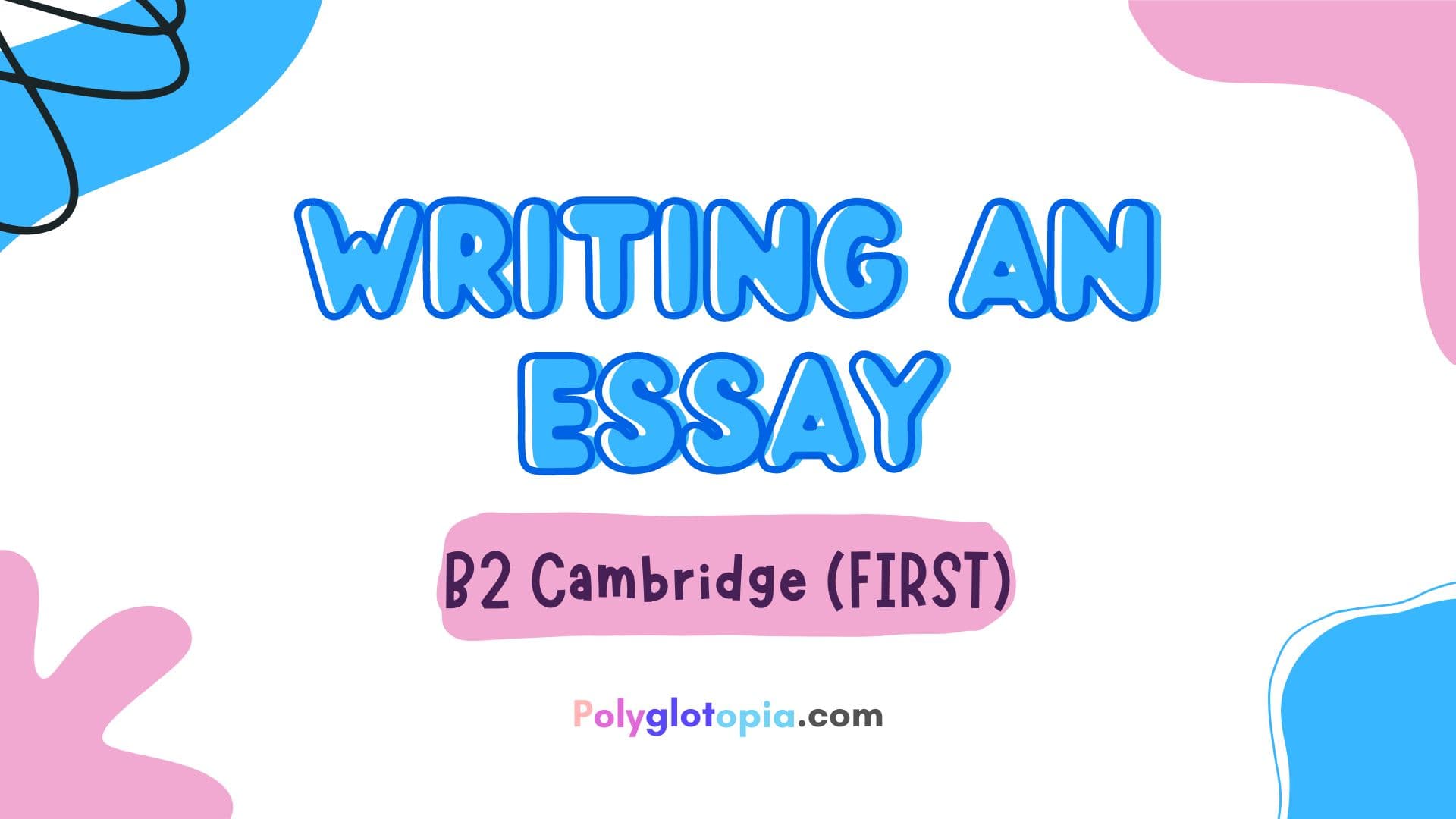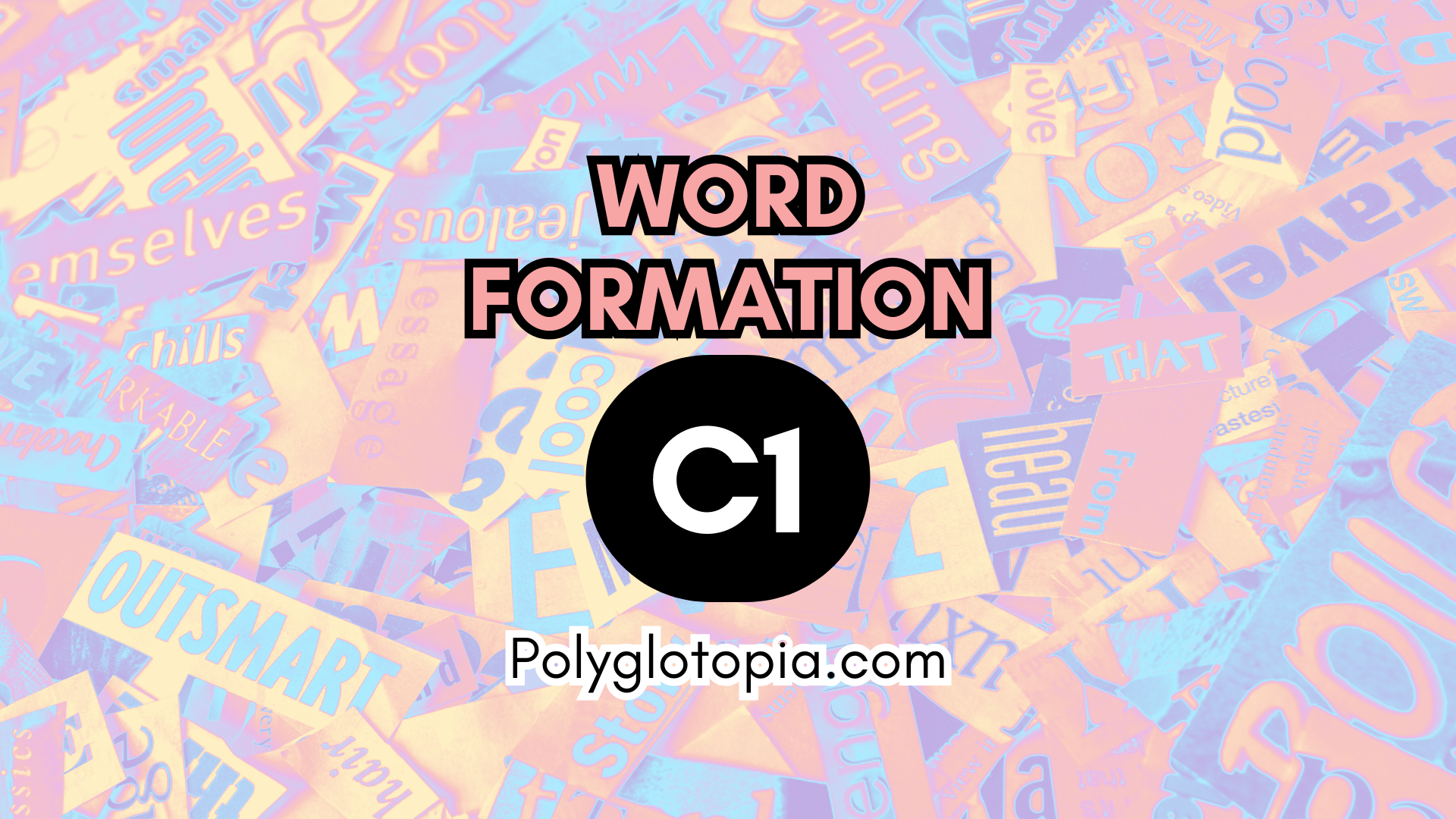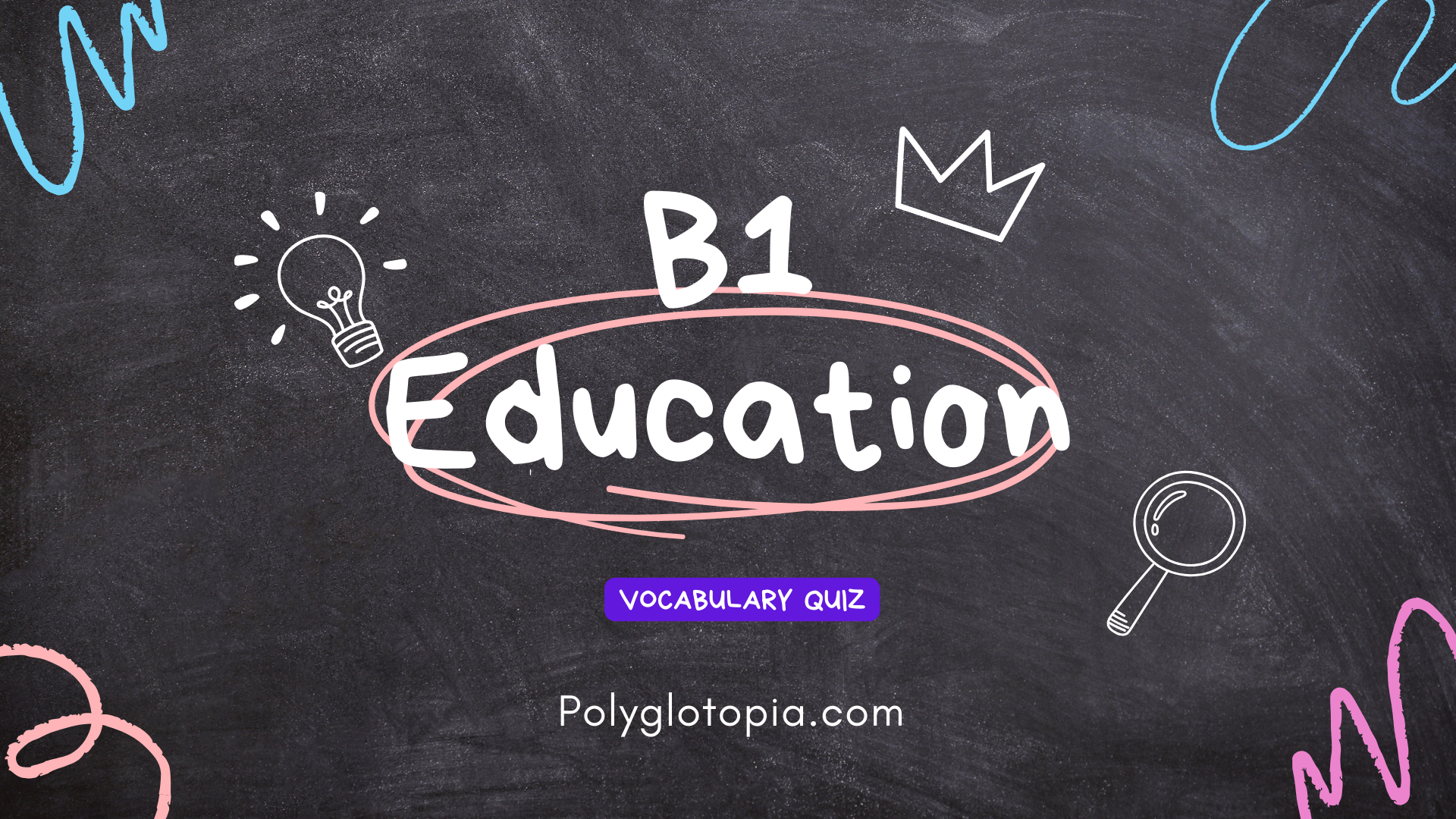Are you preparing for your B2 Cambridge exam? Or simply interested in learning more about how to write an essay? In this article we are going to introduce the essay format, provide you with useful vocabulary for introducing advantages and disadvantages, present two sample tasks and one model answer and review the B2 writing assessment criteria.
Cambridge B2 First Writing Paper
The Cambridge B2 First Writing Paper consists of two parts. The first one is an essay and the second part can be one of the following: email/letter, review, article, or report. In Part 1 there is only one compulsory while in Part two you can choose one out of three different options. You have to write between 140-190 words.
Is the word limit important?
If you write less than 140 words, you have probably forgotten to include some of the information required whereas if you write more than 190, you have probably included unnecessary information. These can affect your score, but in general, you don’t have to worry about 2 or 3 more words.
What is an opinion essay?
In an opinion essay, you are asked to give your opinion on a statement. You have to support your opinion with arguments and organize your ideas in paragraphs.
Sample Task
Many teachers let their students use their phones in class. Does it promote learning?
Notes: write about:
- Motivation
- Screen Time
- Your own idea
Sample Structure
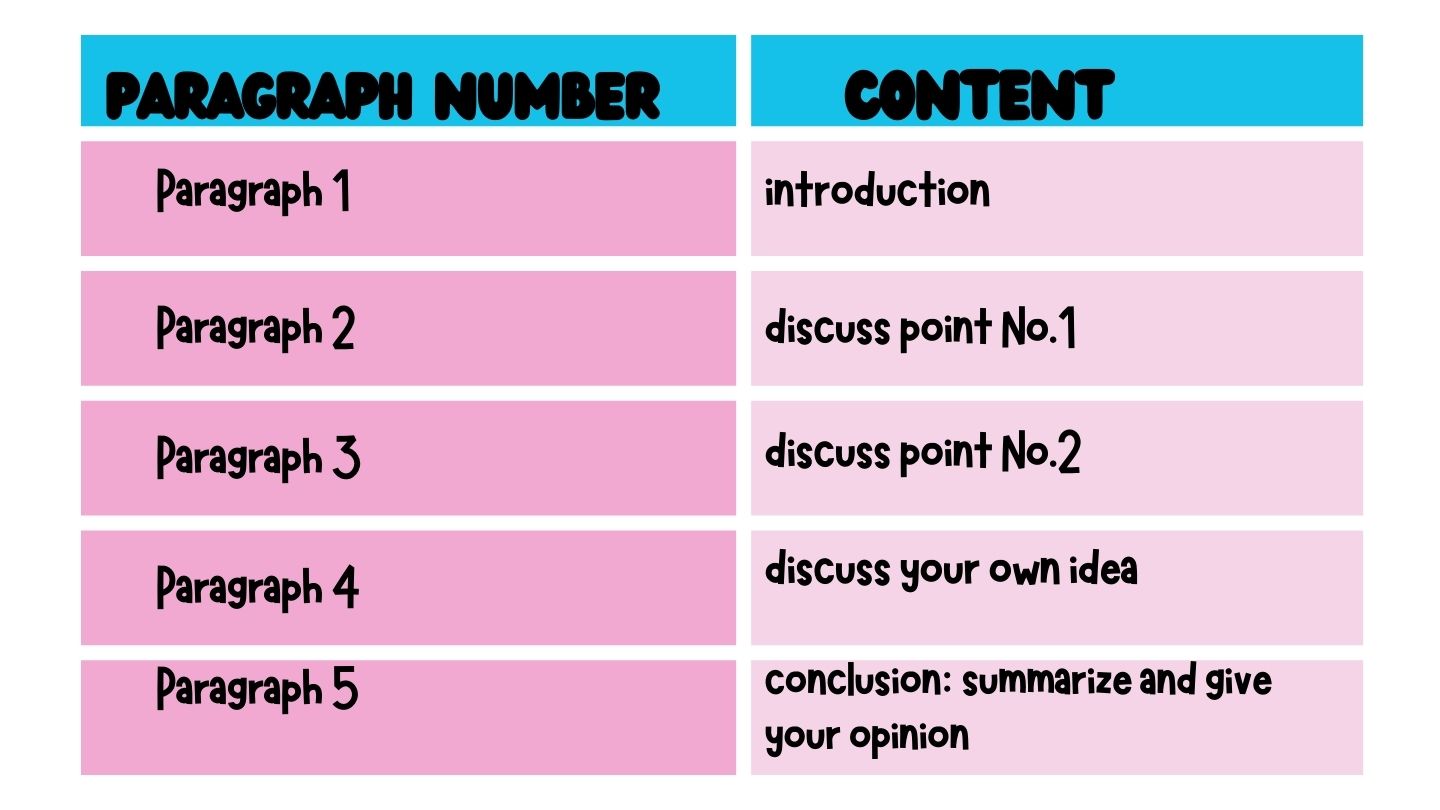
Opinion essay example (Model essay)
Nowadays, a great number of educators believe that mobile phone use in class can be beneficial, while others are sceptical about it.
One argument in favour is that mobile phone use can boost students’ motivation. It enables playing interactive games, revising activities in a funnier way, and therefore is welcomed by the students. For instance, teachers might project quizzes and the learners can participate using a code.
However, students, especially the younger ones, spent a lot of time in front of the screen. This can be really distracting for them so maybe using screens in class as well could be adding up to this, rather than promoting alternative ways to learn. Therefore, limiting screen time needs to be addressed.
Finally, phones can promote learning by allowing the student to be autonomous. They are able to look up words in the dictionary, practise without the teacher’s help, find out new information on the internet. All these are important positive aspects of mobile phone use in class.
In conclusion, despite the drawbacks, I firmly believe that mobile phones can aid the process of learning by increasing both motivation and learner autonomy.
Bad example essay
The use of mobile phones in the classroom is a good thing. I think it is great because it is funny.
*very simple vocabulary
Mobile phones can help motivation because it is funny to use the phones and we like it. Students will be happy and this is good for the teacher.
*very simple vocabulary, not explaining the ideas
A bad thing about mobile phones is the screen time it can be really distracting for them so maybe using screens in class as well could be adding up to this, rather than promoting alternative ways to learn and therefore, limiting screen time needs to be addressed.
*very long sentence
Finally, phones can promote learning by allowing the student to be motivated. They enable playing interactive games, revising activities in a funnier way, and therefore are welcomed by the students. For instance, teachers might project quizzes and the learners can participate using a code.
*repeating point 1 twice
In conclusion, mobile phones can promote motivation and learner autonomy but increase screen time.
*opinion is not clearly stated here
Useful vocabulary to talk about advantages and disadvantages
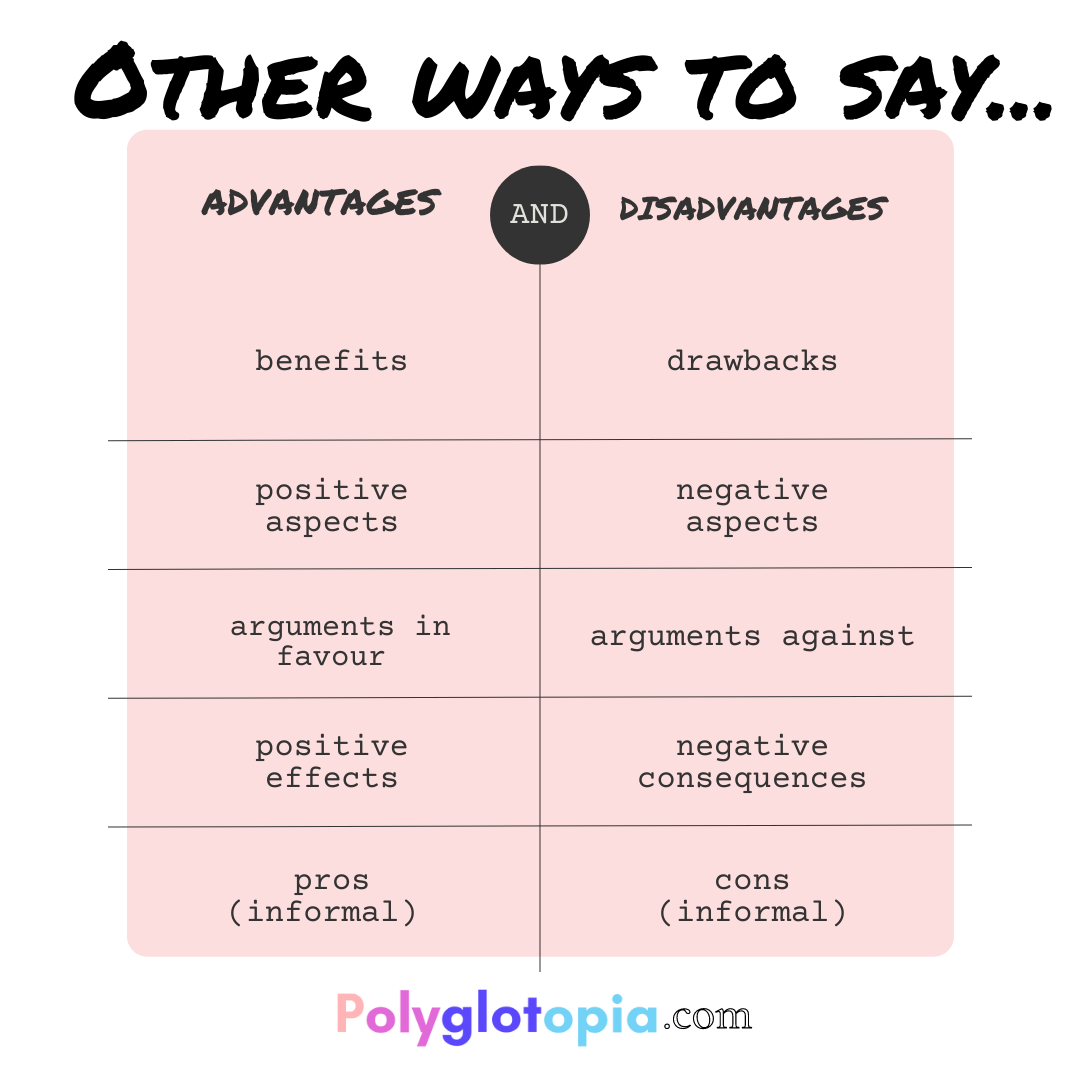

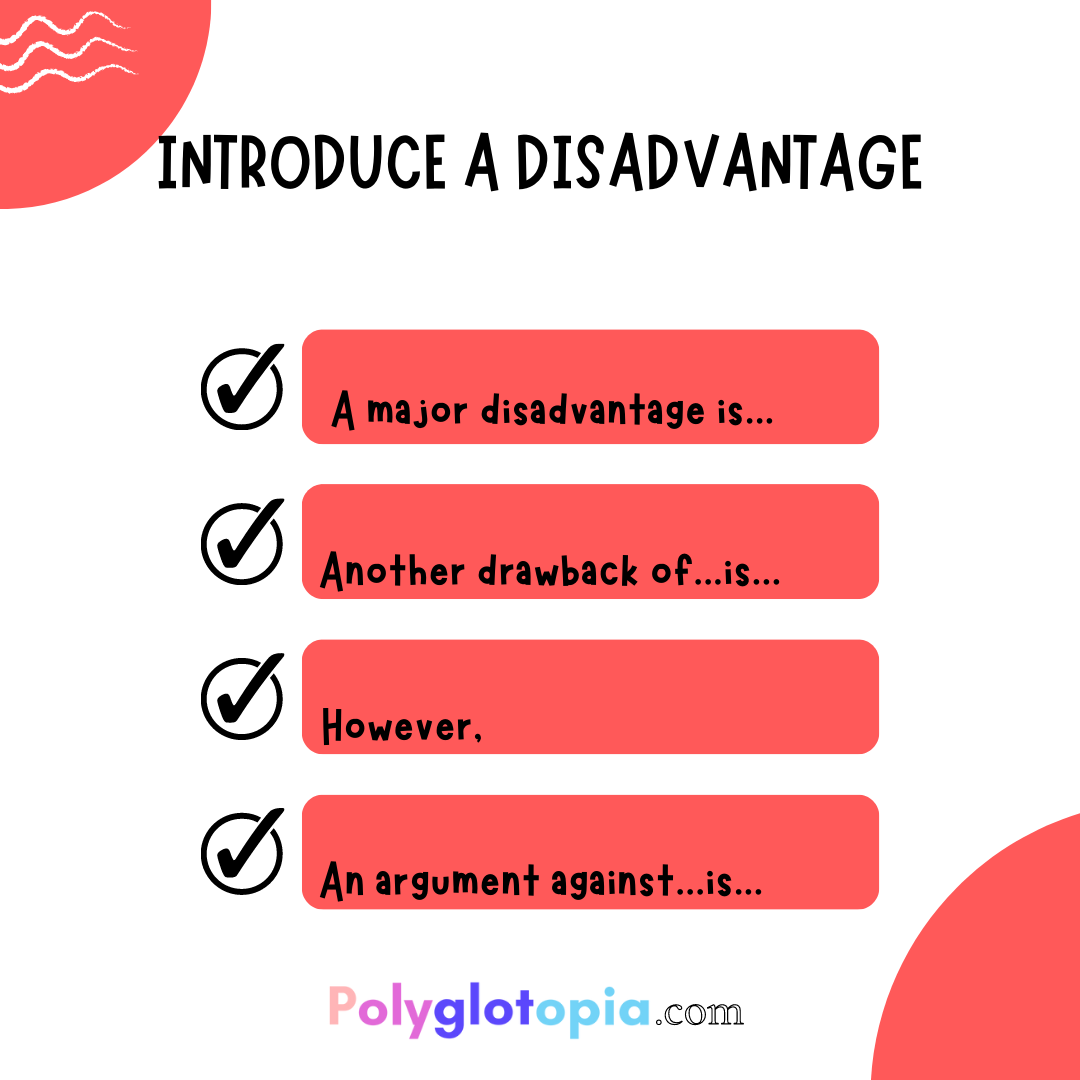
Now you!
Find some information online in English and then plan and write an essay on the following topic.
Some people argue that playing video games is not advisable for young people.
Notes: Write about:
- Time
- Creativity
- Your own idea
Useful Collocations
- Become addicted to video games
- Develop skills
- Promote learning
- Educational video games
- Reaction time
- Social isolation
- Physical problems
- Adjectives: Distracting, harmful, beneficial, entertaining
Assessment criteria
- Content: Have you included points one and two and also added your own idea?
- Communicative achievement: Is the style appropriate to the task?
- Organisation: Have you divided your essay in paragraphs? Are they logically connected?
- Language: Have you used a good range of vocabulary and grammar?
